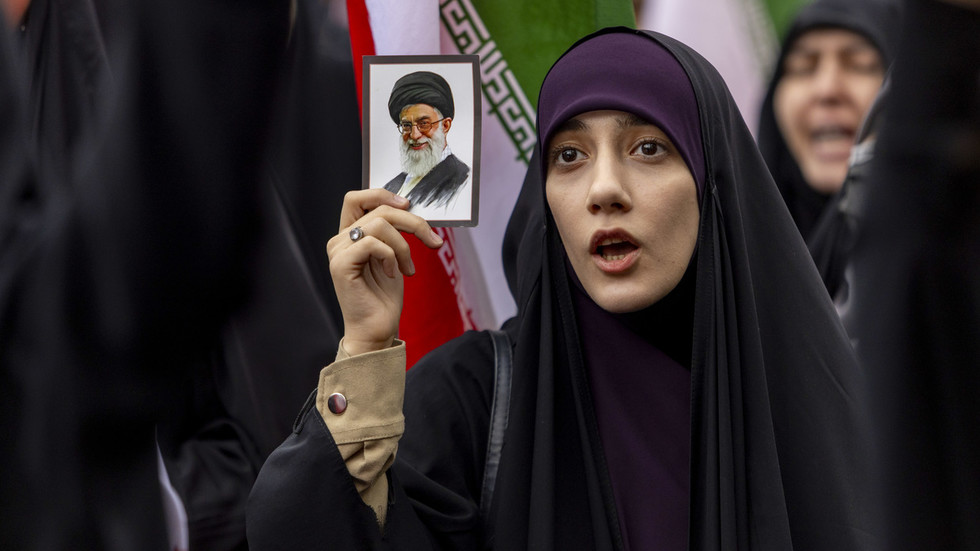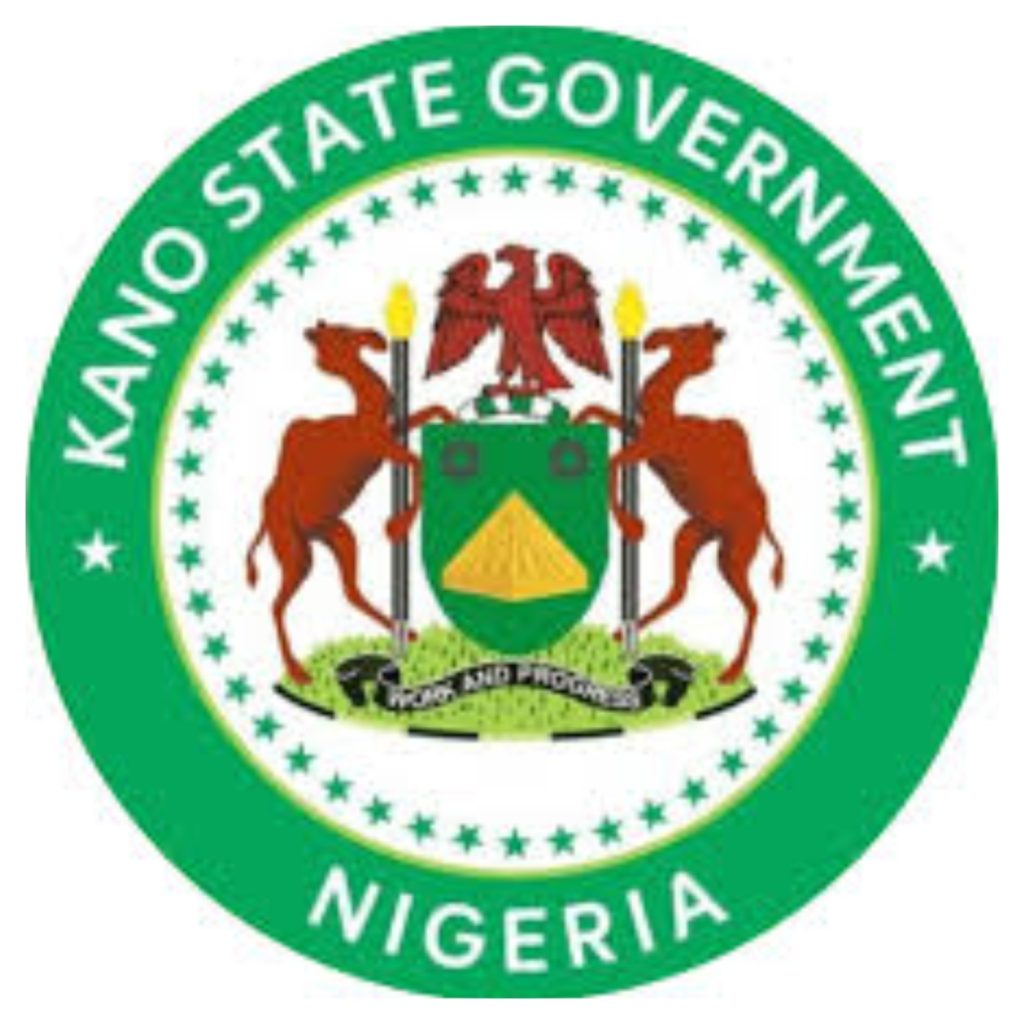Nigeria’s Inter-Party Advisory Council Condemns Proposed Bill to Create Local Government Electoral Commission
The Inter-Party Advisory Council (IPAC) has expressed strong opposition to a proposed bill by the Nigerian Senate to establish a Local Government Independent Electoral Commission. According to IPAC, the bill is unacceptable and unnecessary, and will lead to duplication of functions and waste of public funds.
The bill, sponsored by Senator Sani Musa, aims to create a new commission responsible for conducting local government elections. However, IPAC argues that this move will not address the challenges faced in conducting local government elections. Instead, it will lead to unnecessary duplication of efforts and resources.
In a statement signed by its National Publicity Secretary, Chinyere Ogekalu, IPAC emphasized that the proposed commission will still rely on the Independent National Electoral Commission’s (INEC) voter register, IREV, BVAS, ballot boxes, and other resources to conduct a successful election. The council argues that it would be more effective to focus on building the capacity of INEC to conduct free, fair, and transparent elections at the local level.
IPAC’s concerns are particularly relevant given the current economic situation in Nigeria, where the government is grappling with limited resources to cater to the welfare of citizens. The council urged the Senate to reconsider the proposed bill and prioritize the strengthening of INEC to deliver credible elections at all levels.
The proposed bill has sparked controversy in Nigeria, with many experts and citizens expressing concerns about the potential impact on the country’s electoral process. The move is seen as a bid to further consolidate power and control over local government elections, rather than promoting democratic values and accountability.
As the debate surrounding the proposed bill continues, IPAC’s condemnation serves as a strong warning against the potential consequences of creating a new electoral commission. The council’s stance highlights the need for a more nuanced approach to electoral reform, one that prioritizes the strengthening of existing institutions and the promotion of democratic values rather than creating new layers of bureaucracy.



